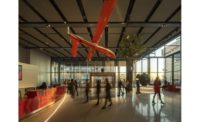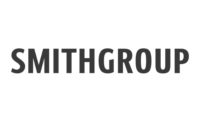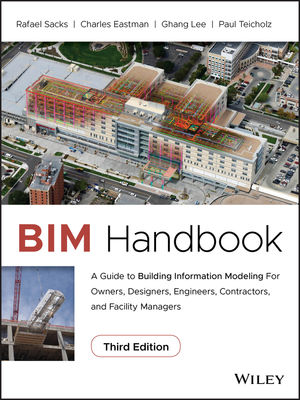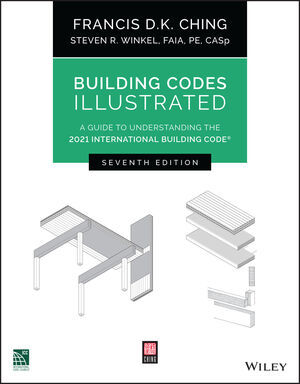Engineering A Better Felt

Underlayment is the last line of defense for a roof to withstand the elements and helps protect a home's interior. It’s a water-resistant membrane and is the first component to be installed on a roof deck.
For decades, asphalt-saturated felt was the most common underlayment used on steep-slope residential roofs and continues to be the industry standard. However, innovative roofing technology has helped produce engineered underlayment, which offers additional protection for a roof compared to traditional felt.
Old Problems, New Solutions
Felt underlayment can fail for a number of reasons. Under certain conditions, basic felt can develop wrinkles, which leads to buckling shingles. Traditional felt also tears easily. These failings weaken the effectiveness of the roof to protect against water and leave a home exposed to damaging elements.
To help roofers and provide a true alternative to felt underlayment, Atlas Roofing developed a way to infuse felt with a cellulose base and fiberglass. The company applied its extensive product knowledge and industry expertise to create the Gorilla Guard line of engineered felt underlayment. The advanced substrates added to the Gorilla Guard line allow it to lay flatter, resist wrinkling and reduce slippage. It’s tougher, yet easy to handle for a smooth application. Gorilla Guard is also more resistant to UV degradation than traditional felt.
In third party independent testing, Gorilla Guard was proven to have stronger tear resistance and yet is still lighter when compared to conventional felt. Gorilla Guard is 36 percent lighter than traditional organic #30 felt and its substrate is 28 percent stronger. That means no more re-work before applying shingles. Because it’s packaged in a four square roll allows handling and installation time to be cut by as much as 50 percent, Gorilla Guard provides better performance for the same price per square.
Gorilla Guard SPEC 30 offers remarkable statistics too when compared to conventional felt. Atlas had several stress trials conducted on Gorilla Guard SPEC 30 and found it to be 142 percent stronger in a pull-through test, 207 percent higher in tear strength and 280 percent stronger in a peel resistance test. All of this durability and yet Gorilla Guard SPEC 30 is 40 percent lighter than felt.
Benefits For Roofers And Homeowners
The labor cost and time saved by installing Gorilla Guard encourages contractors to offer it to customers as an installation standard, rather than an upgrade.
Gorilla Guard is also a qualifying component of an Atlas Signature Select roofing system. Atlas will upgrade its Premium Protection Period warranty when a roof is installed with Atlas products specifically chosen to work together.
Install the lighter, stronger and smoother underlayment that actually lives up to its name. Gorilla Guard has the toughness needed to guard a home from the elements.
Looking for a reprint of this article?
From high-res PDFs to custom plaques, order your copy today!







